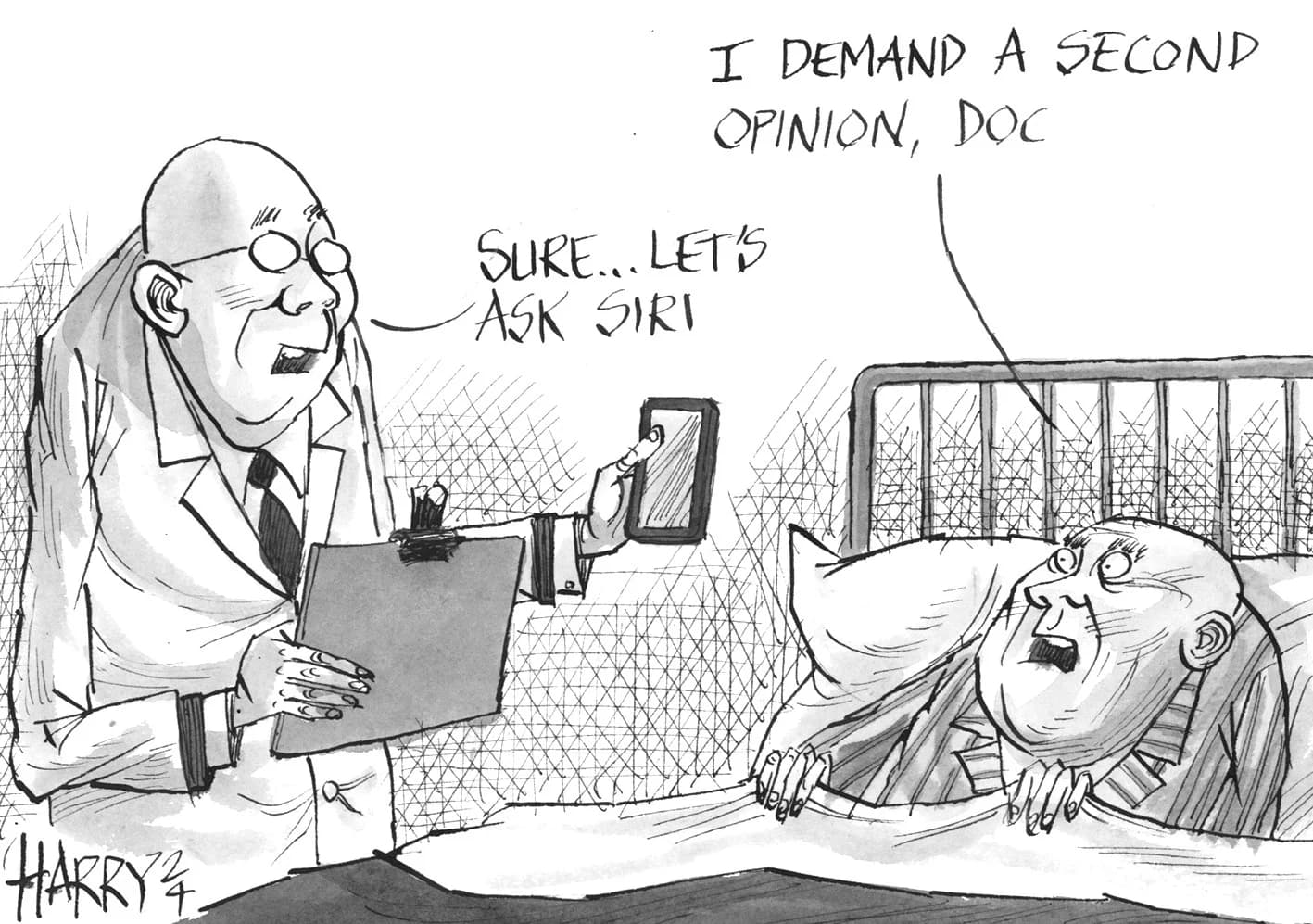Maybe it would be helpful if doctors started using ChatGPT to compare drugs. Here’s one for Losartan and Telmisartan.
Losartan and telmisartan are both medications classified as angiotensin II receptor blockers (ARBs), used primarily to treat high blood pressure (hypertension) and, in some cases, heart failure. Despite their similar mechanism of action, there are several differences between them:
Pharmacokinetics:
Losartan: It has a shorter half-life of about 2 hours, and its active metabolite has a half-life of 6 to 9 hours. This often necessitates more frequent dosing, usually once or twice daily.
Telmisartan: It has a longer half-life of about 24 hours, allowing for once-daily dosing, which can improve patient adherence.
Metabolism:
Losartan: It is metabolized in the liver by the cytochrome P450 system, specifically CYP2C9 and CYP3A4 enzymes. This means it has a higher potential for drug interactions.
Telmisartan: It is minimally metabolized by the liver and does not significantly interact with the cytochrome P450 system, reducing the risk of drug interactions.
Elimination:
Losartan: It is excreted in both urine and feces, with about 35% of an oral dose excreted in urine and about 60% in feces.
Telmisartan: It is primarily excreted unchanged in feces (about 97%), with minimal renal excretion.
Efficacy and Usage:
Both medications are effective in lowering blood pressure, but some studies suggest that telmisartan may have a slightly longer duration of action and more consistent blood pressure control over a 24-hour period due to its longer half-life.
Telmisartan has also been shown to have some additional benefits in terms of cardiovascular protection and potential improvement in insulin sensitivity, which can be advantageous for patients with metabolic syndrome or type 2 diabetes.
Side Effects:
Both medications share common side effects such as dizziness, fatigue, and gastrointestinal issues. However, due to its longer half-life and more consistent blood levels, telmisartan might be associated with fewer fluctuations in side effects compared to losartan.
Clinical Studies and Indications:
Both medications are indicated for hypertension and can be used to reduce the risk of stroke in patients with hypertension and left ventricular hypertrophy.
Telmisartan has additional indications for the reduction of cardiovascular events in patients who are at high risk due to atherosclerotic disease.
In summary, while losartan and telmisartan are similar in their primary function as ARBs, telmisartan’s longer half-life, reduced potential for drug interactions, and additional cardiovascular benefits may make it a preferable choice for some patients. However, the choice between the two should be tailored to the individual patient’s needs and medical history, and a healthcare provider should make the final decision.
